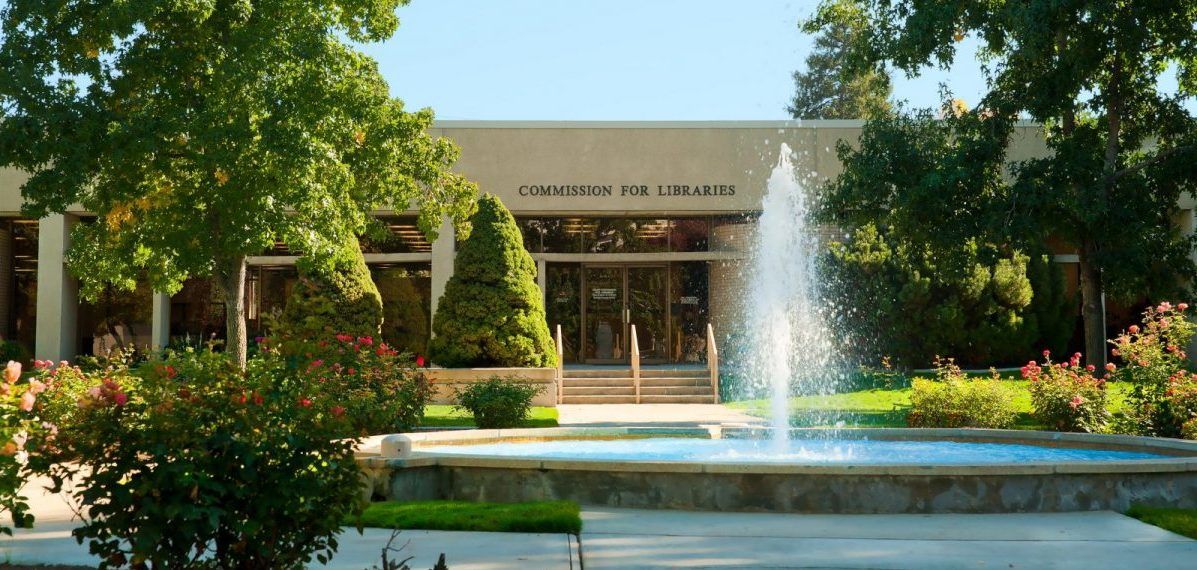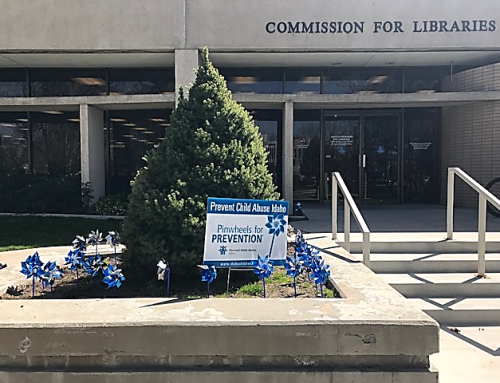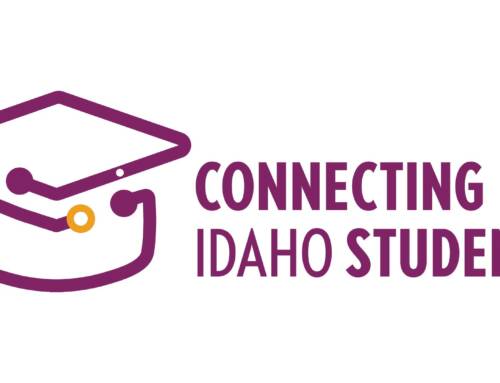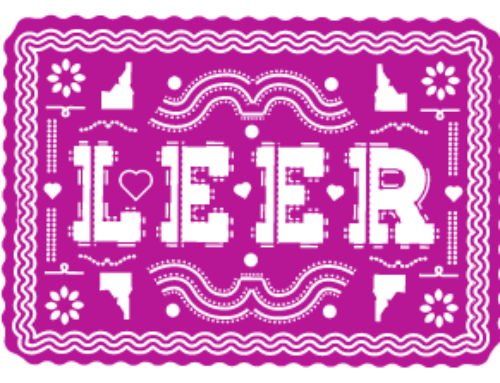At a recent event I had the chance to talk with a number of library staff about their role in economic development. Have you ever taken a few minutes to think about all the library does for the local economy? I want to share a few examples of this, but let’s do it with a quiz. How many of these questions can you answer with a “yes”?
Do you have telecommuters who do their work at the library and/or use the Wi-Fi to send email, access documents, or do research?
Do individuals use library resources like the computers, Wi-Fi, or staff assistance to complete job applications?
Do you make available the Small Business Reference Center and Business Source Premier (free through LiLI and supported by LSTA) for members of your community with information about managing employees, buying or selling a businesses, writing a business plan, marketing, and other practical needs?
Do you provide access to free tutorials on business writing, speaking, and math skills (LearningExpress, free through LiLI and supported by LSTA)?
Do you provide a makerspace for individuals of all ages to test out ideas and prototype their designs? (Make It is supported by LSTA)
Do you provide free access to study guides and practice tests for commercial truck drivers, real estate agents, law enforcement, health care workers, and other professions (LearningExpress, free through LiLI and supported by LSTA)?
Do you provide support and information for individuals to market the idea they developed?
Do you provide access to free tutorials to learn how to use popular office software (LearningExpress, free through LiLI and supported by LSTA)?
Do you provide Wi-Fi for visitors to your town so they can check email or get assignments from their online classes while traveling?
Do you support students in K-12 schools to complete their homework, find reading material for classes, or use a space to study?
Do you support teachers to find books and other materials to use with their lessons?
Do you provide access to free tutorials on Mathematics, grammar, vocabulary, U.S. civics, and other topics (LearningExpress, free through LiLI and supported by LSTA)?
Do you provide access to free tutorials and practice tests for the SATs, ACTs, and college placement exams (LearningExpress, free through LiLI and supported by LSTA)?
Do you provide summer reading programs to help students avoid summer learning loss? (Idaho’s summer reading program is supported by LSTA)
Do you provide access to early literacy materials to help children be ready to learn when they start Kindergarten so they are on track to graduate from high school? (Read To Me is supported by LSTA)
If you answered “yes” to at least one of these, your library is contributing to the economic success of your community. Once we step back and see how the daily tasks of operating the library make a difference in the lives and development of our communities, the next step is to share that knowledge with others.
You can do this by taking part in community events with business leaders. Try attending the meetings of the local Chamber of Commerce or participating in a local service club like the Lions, Kiwanis, or Rotary. No one expects, nor desires, to have a new member show up and start sharing their ‘elevator speech’ about how great the library is. Just be there to listen.
What if someone asks you, “What brings you to the Chamber meeting today?” You could let them know you are there to listen, “the library supports the economic development of our community, so it’s important I hear what’s on the mind of our business leaders.” By being present at the meetings, a day will come when you will hear about a need and can respond, “We do that for you at that library.”




